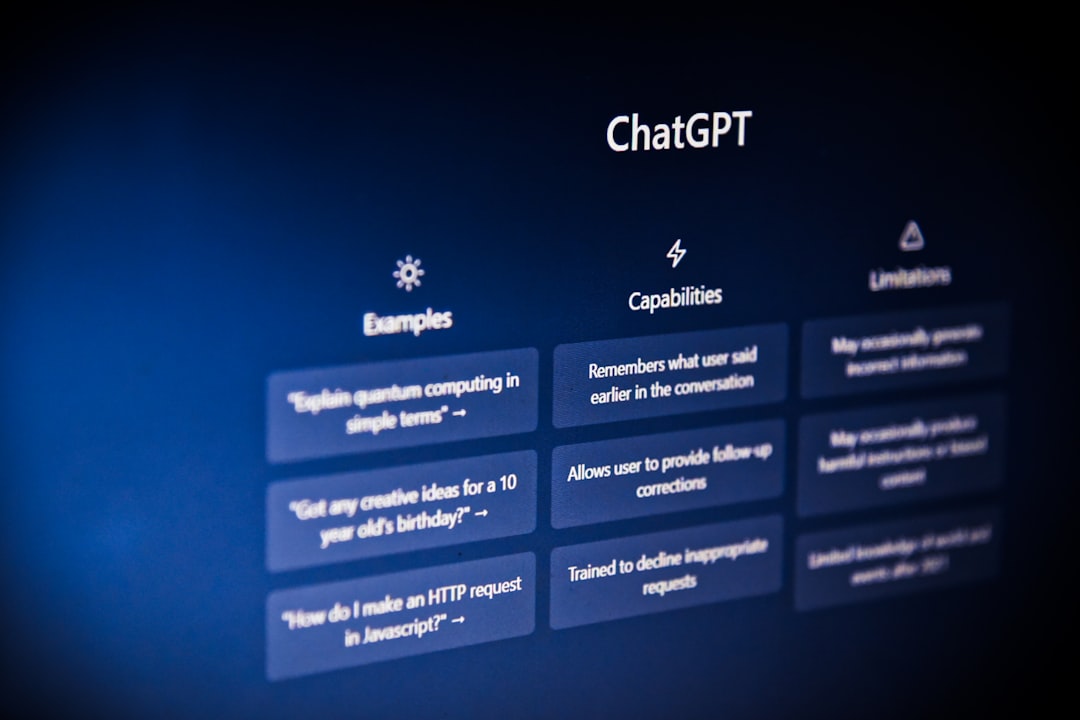In the ever-evolving landscape of artificial intelligence (AI), the emergence of AI agents has transformed how individuals and businesses handle day-to-day tasks. Among the most accessible and practical examples of this transformation are AI agent blogs — dynamic platforms powered by intelligent agents designed to automate content generation, streamline workflows, and provide intelligent insights. These blogs are becoming essential tools for content creators, marketers, business owners, and researchers seeking to boost productivity with minimal manual effort.
What Are AI Agent Blogs?
AI agent blogs are digital platforms enhanced or operated in full or part by autonomous AI agents. These agents are typically models like GPT-4, Claude, or other large language models (LLMs) that are integrated with task-specific tools and datasets. They curate content, generate articles, evaluate sources, respond to queries, and sometimes even interact with readers in real time.
Whether the goal is automating thought leadership updates, summarizing industry reports, or creating SEO-optimized articles on demand, AI agent blogs accelerate the content lifecycle significantly. They can work autonomously or in collaboration with users, fine-tuning their outputs based on real-time feedback and prompts.

Key Features of AI Agent Blogs
AI agent blogs are not just simple auto-blogging tools; they come equipped with a suite of intelligent features that make them stand out.
- Autonomous Content Generation: AI agents can plan, write, format, and even post articles with little to no human input.
- Dynamic SEO Optimization: These systems can automatically include key SEO elements like metadata, keyword density, and internal linking to improve search visibility.
- Natural Language Understanding: AI agents are capable of understanding context and tone, making the generated content more relatable and human-like.
- Real-Time Data Integration: Advanced AI blogs tap into APIs and external data sources to fetch up-to-date statistics and news relevant to the topic being written.
- Multi-format Publishing: Posts can be generated for various platforms such as Medium, WordPress, Substack, or even company CMS systems at the push of a button.
Benefits of Using AI Agent Blogs
The utility of AI-enhanced blogs extends to individual professionals, large corporations, academic institutions, and more. Here are some of the most significant benefits:
- Time Efficiency: AI agents can produce polished articles in minutes, dramatically reducing content creation time and allowing human authors to focus on strategic goals.
- Cost-Effective: Reducing the need for a full-time editorial team, AI blogs help small businesses and startups get professional-quality content at a fraction of the cost.
- Consistency: Once trained or instructed, AI agents maintain a consistent voice, formatting style, and publishing frequency across all posts.
- Scalability: From writing one article per week to hundreds, AI blogs can scale content operations based on demand without compromising quality.
- Multilingual Capabilities: With powerful multilingual support, AI agents can instantly translate and localize posts for global audiences.
Tools and Platforms Powering AI Agent Blogs
Several platforms now offer tools to launch and manage AI agent blogs. These range from plug-and-play applications to deeply customizable integrations suited for enterprise environments.
1. Jasper.ai
One of the most popular AI writing platforms, Jasper.ai includes templates, workflows, and commands optimized for marketing and blogging. Its blog post creator can generate ideas, outlines, and fully fleshed-out posts targeted to specific audiences.
2. Writesonic and ChatGPT Plugins
These tools enable seamless blog creation with advanced prompts and automation. When used with the right plugins, systems like ChatGPT can even pull data from Google SERPs or search trends to create highly relevant blog posts.
3. Ghost + AI integrations
Ghost, a popular blogging platform, now supports AI-native features through integrations with OpenAI and Zapier. These allow automated publishing, narrative design, and newsletter distribution with AI-curated content flows.
4. Notion + AI
For internal company blogs or knowledge bases, Notion’s AI assistant can summarize long documents, write technical documentation, or break complex ideas into blog-friendly formats with minimal prompts.

How to Maximize Productivity with AI Agent Blogs
To truly unlock the powers of AI agent blogs, users should consider the following techniques:
- Use Prompt Engineering: Writing effective prompts can drastically improve the quality of AI-generated content. Tailor prompts to mimic brand voice, insert target keywords, or reflect expert-level tone.
- Set Editorial Guidelines: Despite being autonomous, agents perform better with clear boundaries. Establish guidelines on preferred structure, tone, and article styles.
- Combine Human and AI Creativity: Let AI draft articles and then enhance them with human expertise for an unbeatable mix of scale and depth.
- Schedule and Automate Workflows: Use tools like Zapier or Make.com to automate article posting, revision tracking, backlink insertion, and social sharing.
- Track and Analyze Results: Continuously monitor blog performance using tools like Google Analytics or Ahrefs, and adjust AI parameters as needed.
Popular Use Cases Across Industries
AI agent blogs are gaining traction across various sectors:
- Technology Startups: Automate weekly progress updates and build investor trust with technical blogs written by intelligent agents.
- E-commerce: Publish product reviews, shopping guides, and trend reports that improve organic search visibility.
- Education: Offer online summaries of academic research, course breakdowns, or campus updates to attract prospective students.
- Healthcare: Generate patient-friendly medical content or internal research recaps with AI while maintaining necessary compliance reviews.
- Marketing Agencies: Scale content creation for multiple clients simultaneously without compromising tone or accuracy.
Challenges to Consider
While the advantages are numerous, AI blogs aren’t without challenges:
- Content Accuracy: Without careful curation, AI may generate outdated or inaccurate information, especially in regulated industries.
- Plagiarism Risks: Depending too heavily on AI output may result in unintentional duplication or lack of originality.
- Lack of Emotional Depth: Some narratives, especially personal or emotive blogs, may lack nuance when generated by AI alone.
Despite these hurdles, many of them can be mitigated with hybrid workflows that incorporate careful review and user training.
Conclusion
AI agent blogs are redefining how content is created and consumed. Equipped with the ability to automate, analyze, and optimize, they serve as powerful allies in an increasingly digital-first world. Whether you’re building a personal brand or managing content at scale, AI-powered blogging provides you with the tools to stay ahead of the curve while saving valuable time and resources.
Frequently Asked Questions (FAQ)
-
Q: Can AI agent blogs replace human writers?
A: AI can write high-quality articles, but for topics requiring emotional depth, industry expertise, or narrative nuance, human input remains essential. -
Q: Are AI agent blogs good for SEO?
A: Yes. Many AI tools integrate with SEO platforms to ensure keyword placement, metadata, and structure align with search engine best practices. -
Q: How secure is content generated by AI agents?
A: AI-generated content is generally safe, but you should ensure that sensitive data is not fed into systems without proper encryption or privacy protocols.
